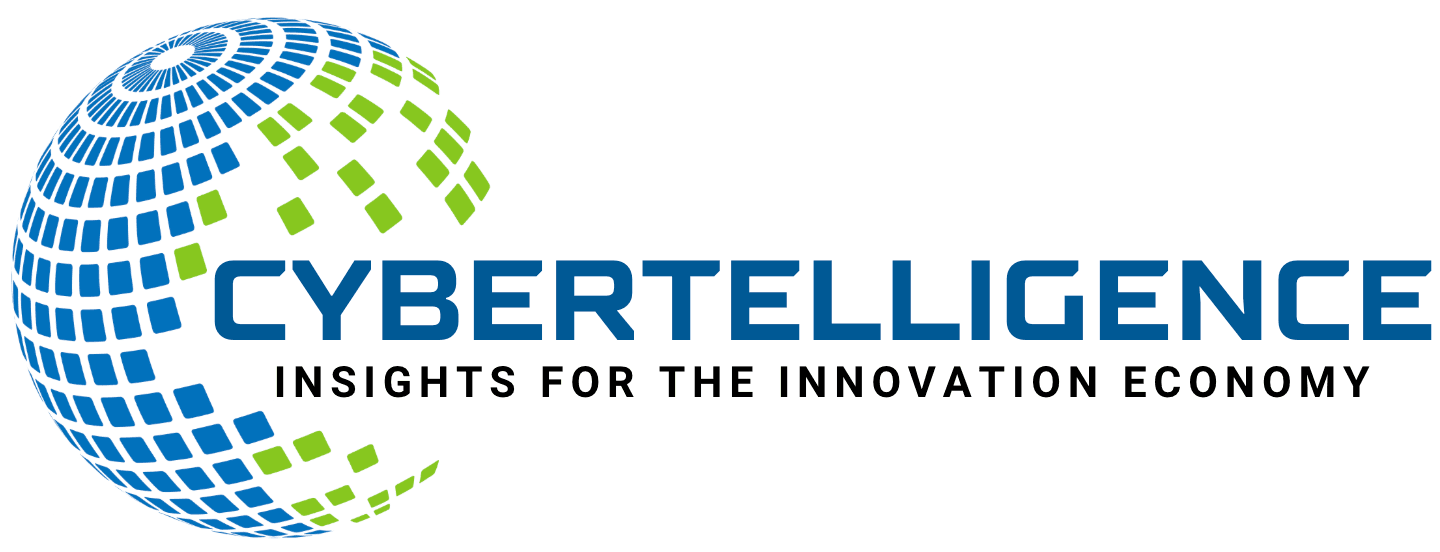Artificial Intelligence (AI) has completely changed how companies function & presented a plethora of chances for expansion and productivity. Businesses can automate tedious tasks, evaluate enormous volumes of data, and arrive at well-informed decisions by utilizing AI. Through process simplification & increased productivity, artificial intelligence (AI) has the potential to revolutionize sectors like healthcare, finance, manufacturing, & retail. Artificial intelligence (AI) systems can continuously improve their performance by learning from data, which increases accuracy and lowers costs for businesses. Businesses can also learn a lot about market trends, consumer behavior, and operational patterns thanks to AI.
Key Takeaways
- AI has the potential to revolutionize businesses by improving efficiency, data analysis, decision making, and customer experience.
- Businesses can implement AI solutions to streamline processes and make more informed decisions.
- AI technology can be leveraged to analyze data and improve customer experience through personalized interactions.
- Challenges in adopting AI in business include cost, data privacy, and employee training.
- Future trends in AI integration for businesses include increased automation, predictive analytics, and natural language processing.
This enables businesses to modify their plans and products to accommodate their clients’ changing needs. Businesses can maintain a competitive edge and spur innovation in their respective sectors by comprehending the business potential of artificial intelligence. Resource Allocation Optimization. Businesses can better allocate resources & concentrate on strategic initiatives by automating repetitive tasks & processes. Also, AI is being incorporated into CRM (customer relationship management) systems to enhance customer engagement and personalize marketing campaigns. The provision of customized experiences.
Businesses can deliver customized experiences that foster customer satisfaction and loyalty by using predictive analytics to foresee customer needs and preferences. enabling companies to provide exceptional value. Using AI solutions not only increases productivity but also gives companies the ability to provide their clients with outstanding value. The ability of AI to analyze enormous volumes of data and produce insights that can be put to use is one of its biggest benefits for businesses. Analytics tools driven by AI are able to process large, complicated datasets faster and on a larger scale than humans.
Businesses are able to find correlations, patterns, and trends that would otherwise go unnoticed. Organizations can improve performance and gain a competitive edge by using AI to analyze data and make data-driven decisions. Also, AI makes predictive modeling and forecasting easier, enabling companies to foresee consumer behavior, market trends, and operational results. Businesses are better equipped to adjust to shifting market conditions and seize new opportunities thanks to this foresight, which facilitates proactive decision-making and risk management. Businesses can gain a competitive edge in a dynamic environment by utilizing AI for data analysis & decision-making.
| Topic | Metrics |
|---|---|
| Unleashing the Power of AI | Increased automation, improved productivity |
| Understanding the Potential of AI in Business | Cost reduction, new revenue streams |
| Implementing AI Solutions for Improved Efficiency | Reduced errors, streamlined processes |
| Leveraging AI for Data Analysis and Decision Making | Real-time insights, informed decision-making |
| Enhancing Customer Experience with AI Technology | Personalized interactions, improved satisfaction |
| Overcoming Challenges in Adopting AI in Business | Integration complexity, skill gap |
| Future Trends in AI Integration for Businesses | Advanced algorithms, AI-powered ecosystems |
| Ethical Considerations in AI Implementation for Businesses | Data privacy, bias mitigation |
AI technology has completely changed how companies communicate with their clients by facilitating smooth & customized interactions. Natural language processing and machine learning enable AI-powered virtual assistants to comprehend & react to consumer questions instantly, offering tailored assistance and recommendations. This degree of promptness increases client satisfaction and cultivates enduring loyalty.
AI also makes it possible for companies to examine consumer sentiment, behavior, and feedback in order to customize goods & services to match particular requirements. Businesses can develop focused marketing campaigns, suggest pertinent products, and provide individualized content across multiple touchpoints by utilizing AI-driven insights. Customer advocacy and retention are increased by this tailored approach, which also improves the overall customer experience. AI has a lot of potential applications in business, but adoption is not without its difficulties.
Obstacles for businesses could include the requirement for specialized talent, integration challenges, and data privacy issues.
Employees who are afraid of being replaced by AI technologies may also be resistant to change. It will take a strategic approach to overcome these obstacles, one that includes investing in employee training, addressing ethical issues, and maintaining open communication regarding the use of AI in corporate operations.
Also, in order to ensure ethical and responsible use of technology, businesses implementing AI solutions must navigate regulatory requirements & compliance standards.
Proactively tackling these obstacles can help companies successfully incorporate AI into their operations while reducing possible risks. With developments in fields like autonomous systems, augmented analytics, & edge computing, the future of AI integration in business is full of exciting possibilities.
Autonomous AI systems that can make decisions on their own and complete complicated tasks with little assistance from humans are becoming more and more popular among businesses. Businesses will also be able to extract more insightful information from their data through AI-powered augmented analytics, which will lead to better decision-making. Also, edge computing and AI will make it possible to process data in real time at the point of collection, resulting in quicker insights and reactions.
Businesses can anticipate increased integration of AI technologies across different facets of their operations as the technology develops further, which will boost productivity, creativity, and competitiveness. The ethical ramifications of implementing AI technologies must be carefully considered as businesses adopt them. The application of AI raises ethical questions about things like algorithmic bias, decision-making process transparency, & the effect on employment dynamics.
Companies need to make sure that the design and implementation of their AI systems respect accountability, transparency, and fairness. Also, protecting customer privacy and using data responsibly are also ethical considerations. To protect sensitive data, businesses must give top priority to data security and adherence to laws like the General Data Protection Regulation (GDPR). Businesses can gain the trust of stakeholders and show that they are committed to responsible innovation by incorporating ethical considerations into their AI strategies. In conclusion, artificial intelligence (AI) has enormous business potential, providing chances for increased productivity, better customer service, and strategic decision-making.
Businesses can use AI to spur innovation and long-term growth by comprehending its potential and resolving issues with ethical considerations. Businesses must modify their approaches to fully utilize AI while maintaining ethical standards as future trends in AI integration develop.





